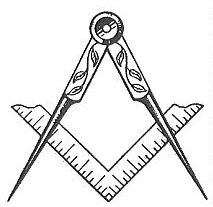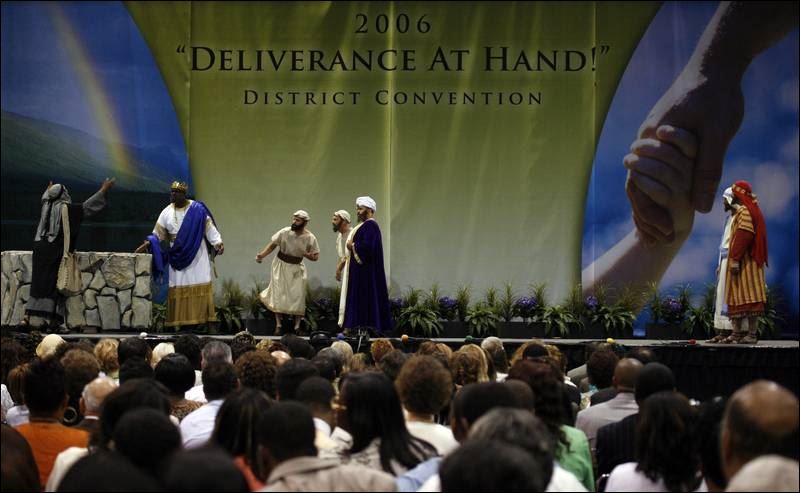Organized to Do Jehovah’s Will p. 143-144
REINSTATEMENT
34 A disfellowshipped person or one who has disassociated himself from the congregation may be reinstated when he gives clear evidence of repentance and over a reasonable period of time demonstrates that he has abandoned his sinful course. He shows that he is desirous of having a good relationship with Jehovah. The elders are careful to allow sufficient time—many months, a year, or even longer, depending on the circumstances—for the disfellowshipped person to prove that his repentance is genuine. When the body of elders receives a written plea for reinstatement, the original judicial committee, if practical, should speak with the individual. The committee will evaluate the evidence of “works that befit repentance” on his part and decide whether to reinstate him at that time or not.—Acts 26:20.
35 If the person requesting reinstatement was disfellowshipped from another congregation, a local judicial committee should meet with the person and consider the plea. Thereafter, the local judicial committee will communicate with the body of elders of the congregation that disfellowshipped the individual, giving them their recommendation. The involved committees will work together to make sure that all the facts are gathered to arrive at a just decision. However, the decision to reinstate is made by the original judicial committee. If some members of the original committee are no longer in the congregation or are not qualified to serve, other elders from the original congregation may be chosen to replace them.
34 A disfellowshipped person or one who has disassociated himself from the congregation may be reinstated when he gives clear evidence of repentance and over a reasonable period of time demonstrates that he has abandoned his sinful course. He shows that he is desirous of having a good relationship with Jehovah. The elders are careful to allow sufficient time—many months, a year, or even longer, depending on the circumstances—for the disfellowshipped person to prove that his repentance is genuine. When the body of elders receives a written plea for reinstatement, the original judicial committee, if practical, should speak with the individual. The committee will evaluate the evidence of “works that befit repentance” on his part and decide whether to reinstate him at that time or not.—Acts 26:20.
35 If the person requesting reinstatement was disfellowshipped from another congregation, a local judicial committee should meet with the person and consider the plea. Thereafter, the local judicial committee will communicate with the body of elders of the congregation that disfellowshipped the individual, giving them their recommendation. The involved committees will work together to make sure that all the facts are gathered to arrive at a just decision. However, the decision to reinstate is made by the original judicial committee. If some members of the original committee are no longer in the congregation or are not qualified to serve, other elders from the original congregation may be chosen to replace them.




